Micro-aggressions
Most BIPOC equestrians can remember times they were made to feel out of place or unwelcome as a result of words, actions, or assumptions related to their race or ethnicity.
Racial micro-aggressions are brief and commonplace daily verbal, behavioral, or environmental indignities that communicate hostile, derogatory, or negative racial slights and insults toward people of color. Micro-aggressions are often unintentional and outside the level of conscious awareness of the person committing them, but can have a profound impact on the physical and mental health of those on the receiving end. They contribute to the perpetuation of systemic or institutional racism by signaling to BIPOC equestrians that they aren’t fully welcome in our sport because of their race or ethnicity.
Let’s look at some examples that illustrate the main types of micro-aggressions.
“Our competition is already inclusive, anyone can sign up to compete.” “If they are willing to work hard anyone can be successful.” “Racism isn’t the problem, horse sports are just expensive.”
Denies the exclusion BIPOC riders often feel in predominantly White and historically exclusionary spaces.
Denies that race and ethnicity create unique challenges to inclusion and advancement for BIPOC equestrians.
Suggests that lack of representation in equestrian sports is the result of BIPOC riders being lazy or not working hard enough.
When all the pictures in the equestrian magazines and catalogs are of White riders…
When all of the individuals who are honored for their contributions to the sport or celebrated in the media are White, it becomes an environmental mico-aggression for BIPOC equestrians.
This situation suggests to BIPOC equestrians that they don’t belong and that their prospects for success are limited.
“I don’t see color.” “All lives matter.”
Suggests that the speaker doesn’t believe that racism continues to harm BIPOC people.
Denies the lived experiences of BIPOC individuals, including the threats to their safety and well-being that are caused by racism.
“I’m not racist, I have several Black friends.” “As a White woman, I’ve experienced sexism, so I know what you go through as a BIPOC rider.”
Denies accountability for racially harmful words or actions.
Suggests that you are immune to racism because you have friends of color or have been marginalized in other ways.
Denies BIPOC equestrians experiences of racism by creating a false equivalence with other forms of oppression.
“Are you her groom?” “How did you afford such a nice saddle?”
Assumes that BIPOC people only occupy service roles and do not have valuable items.
“You speak good English.” “But where are you really from?”
Assumes that non-White Americans were not born in this country.
Sends a message that they are less American than White people.
“You are so articulate.” “All Asian people are good at math.”
Sends a message that it is unusual for BIPOC people to be intelligent.
Makes an assumption about a person’s intelligence based on their race or ethnicity.
When the clerk at the tack shop follows a BIPOC customer around the store…
Assumes that a BIPOC person is more likely to steal or engage in criminal activity.
Makes the customer feel that they don’t belong.
“If you straightened your hair it would look more appropriate in the show ring.”
Suggests that White culture, features, and styles are ideal and that BIPOC riders should assimilate.
Denies the unique cultural attributes of BIPOC equestrians a place in our sport.
Stay tuned for our next post about how to be an effective ally and support BIPOC equestrians in situations when you commit a micro-aggression yourself or see someone else commit one.
